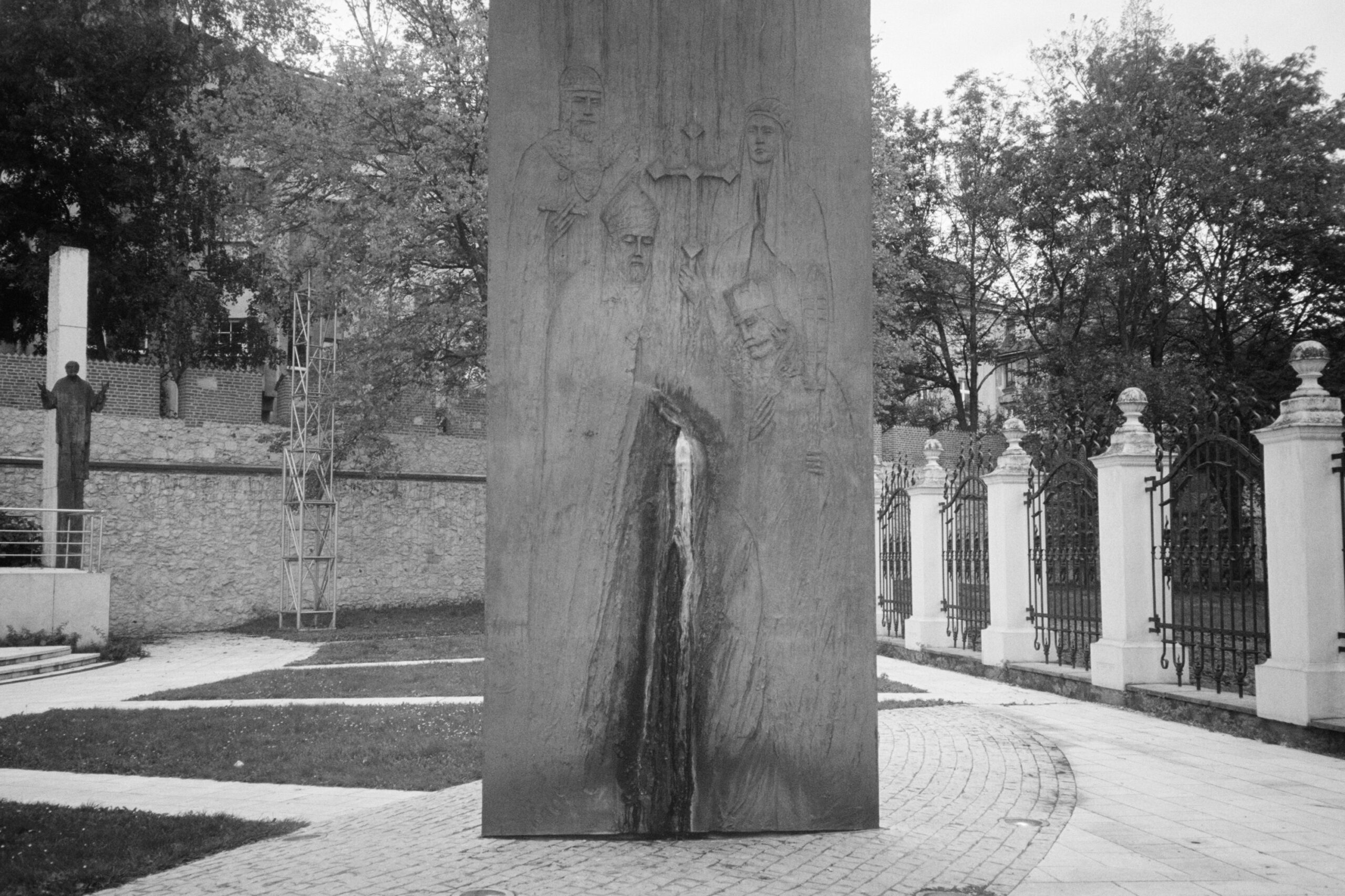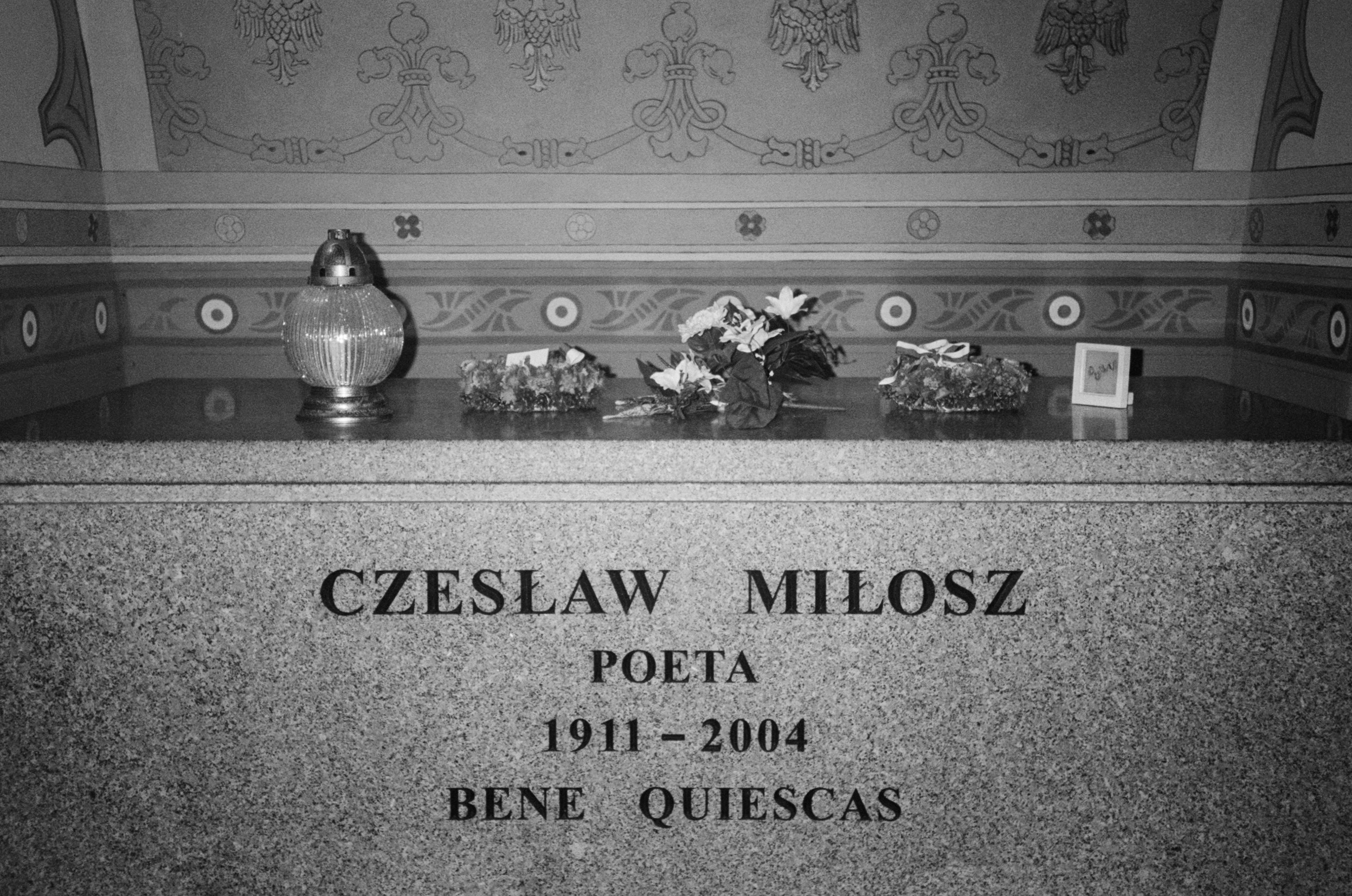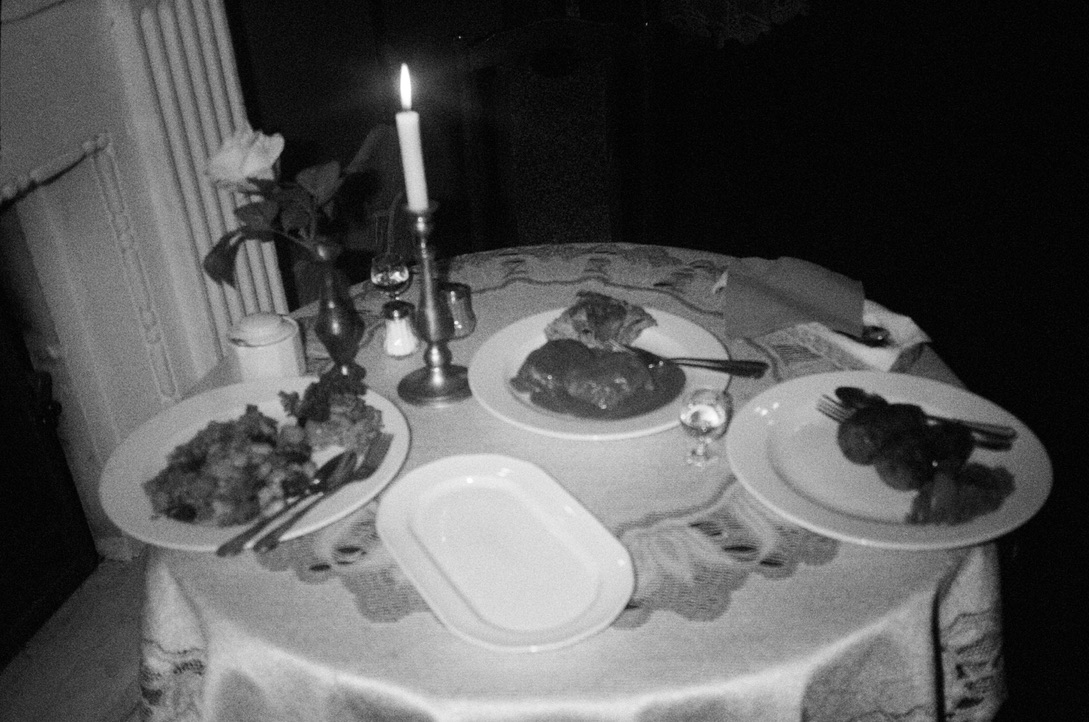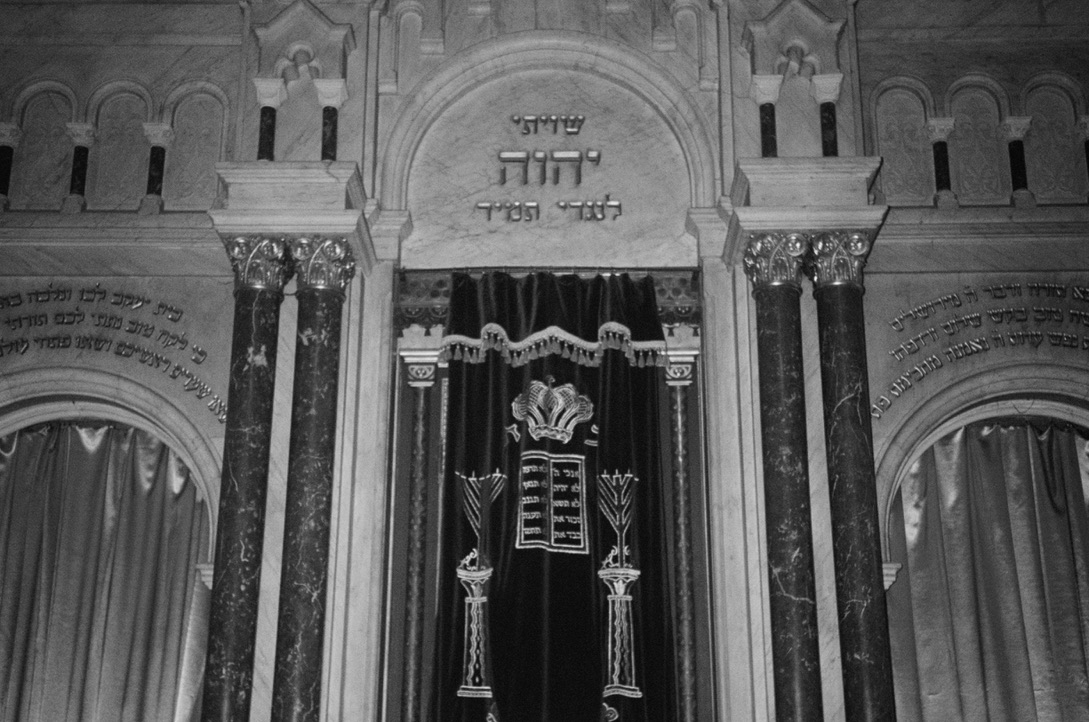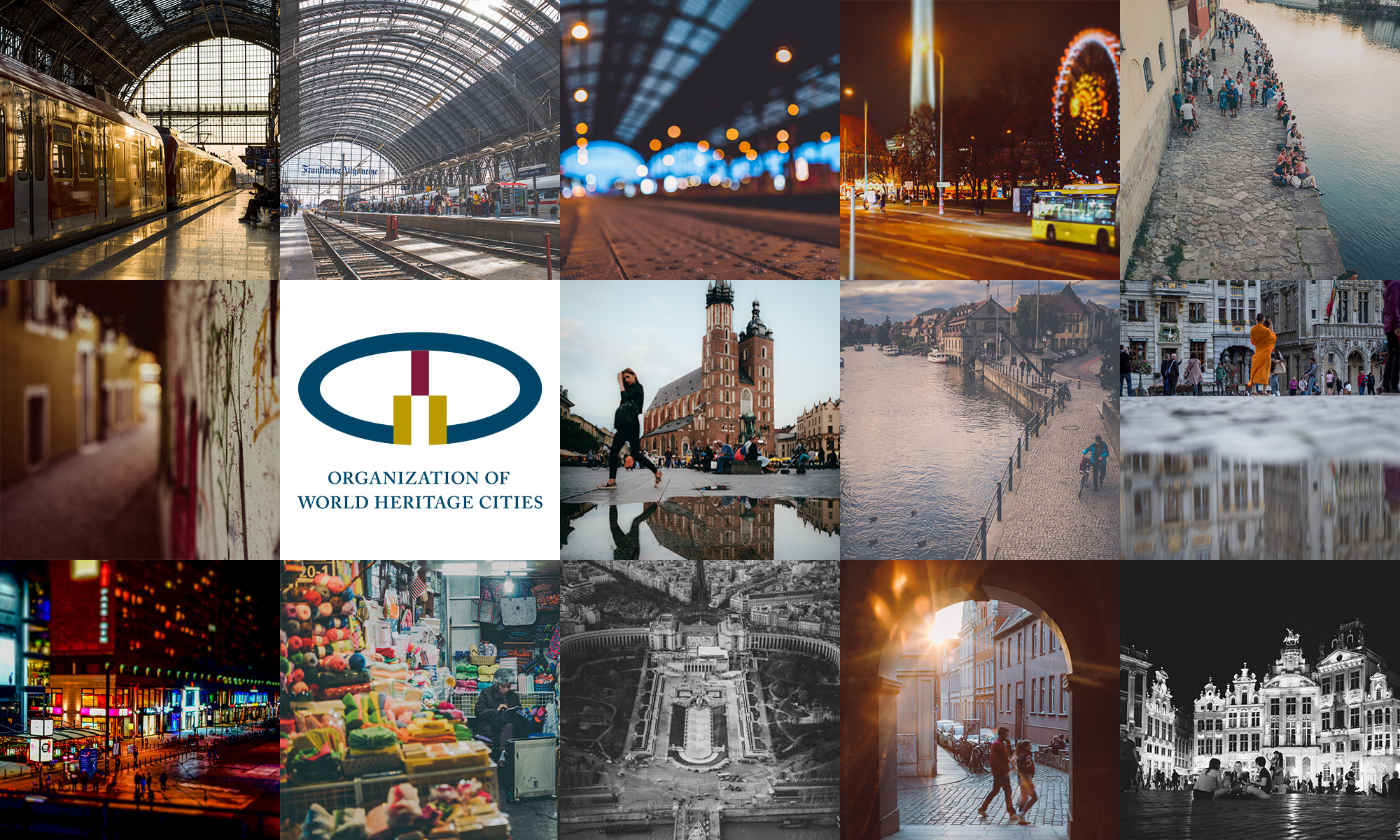Breakfast in Kazimierz:
My hotel is in the attic of an old Mikvah (a ritual bathhouse) and I sleep there like a stone. The breakfast room doubles as a place for the publishing house to hold meetings and for Klezmer musicians to tune their instruments before they play for the dinner guests. Obscure Israeli celebrities beam down at me from picture frames. The table is already set: herring and onions, plums, cake, boiled eggs, mackerel, cream cheese, jam, toast, and coffee.
As I take my place and begin my ritual of making sandwiches to slip in my coat pockets (I really have no appetite in the morning), a Orthodox Jew comes in, teetering under the weight of multiple black suitcases and a hat box. He sits down at an empty table across from me, calls the waitress over, and asks her anything is kosher. She shakes her head no. He lets out a small sigh, checks his watch, and orders an espresso, two glasses of slivovitz and a bowl of plums, which he drinks and eats with slow luxuriousness.
St. Mary’s Basilica:
Across from the main market square in the Old Town is St. Mary’s Basilica (completed in 1347). Entering it, you feel as though you’ve stepped inside some bodily organ, so rich and red are the walls. Gilded ribbons run up the walls like little veins to a vaulted ceiling, the blue of Polish pottery, and covered with stars.
Every hour, the Hejnał Mariacki is played by a trumpeter up in one of St. Mary’s two towers. It’s a sad, plain kind of bugle call that warbles over the market square and then suddenly dies out— a nod to a 13th century trumpeter shot in the throat mid-song.
Inside St. Mary’s it’s warm and quiet. People talk in hushed, solemn voices. When they pray, they only move their lips. Every once and awhile, when the door swings open to let someone in or out, it’s possible to hear music from the market square and the hoofbeats of horses. It smells of damp wood, recent rain, and urine from the horses lined up nearby. Some of their drivers have fallen asleep in their carriages.
The Temple Synagogue:
Outside the temple synagogue in Kazimierz, three Orthodox men crowd around a smartphone. A fourth man paces nearby, reading the Talmud, and mouthing the words to himself. All four have plastic caps stretched over their hats to protect them from the rain, which has let up for a few minutes but will surely start again.
An Über pulls up, and they file in, ducking their heads carefully to avoid hitting their hats on the rim of the car. The fourth trails after them. He doesn’t take his eyes off his book. They all drive away, bouncing over the cobblestones.
Plac Nowy:
My second hotel room in Krakow faces the Plac Nowy, a market square in Kazimierz. Unable to sleep for some reason, I lie awake the whole night, listening to the sounds of the square, which swells and empties according to its own natural laws.
Around two, students leave the bar underneath the hotel and fill the square. They laugh and shout in thin, happy voices. At three it becomes quiet— quieter than the Polish countryside. At four, some drunkards arrive, argue, make up, and sing songs. Around five, silence again, broken up only occasionally by the screech of a bird.
At six, I move over to the window and watch the sky begin to lighten, and the construction workers drink coffee at the little kiosk. At seven, they are replaced by old men with woolen caps and long faces, who sit on benches and watch the street vendors laying out their wares: menorahs, books, communist pins, old coins.
It must have rained sometime in the night because the pavement is wet and the rooftops are gleaming.
